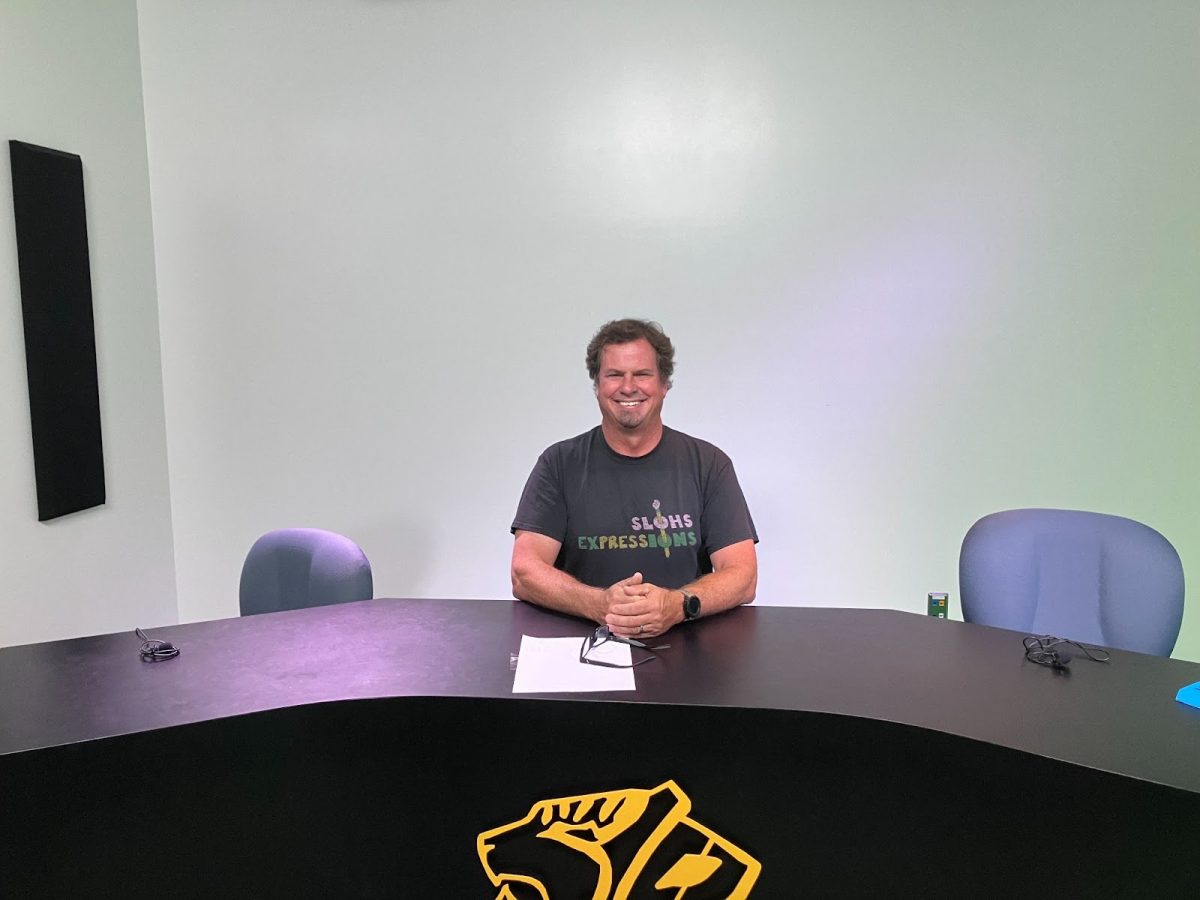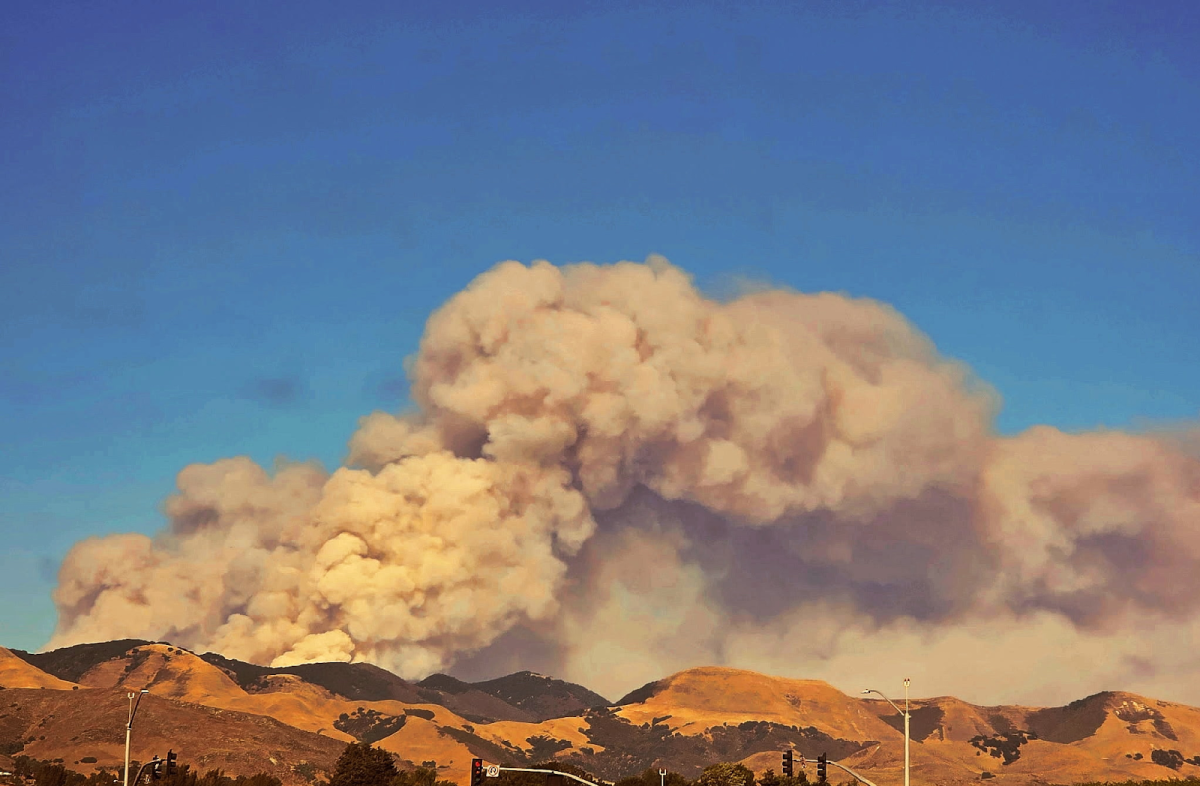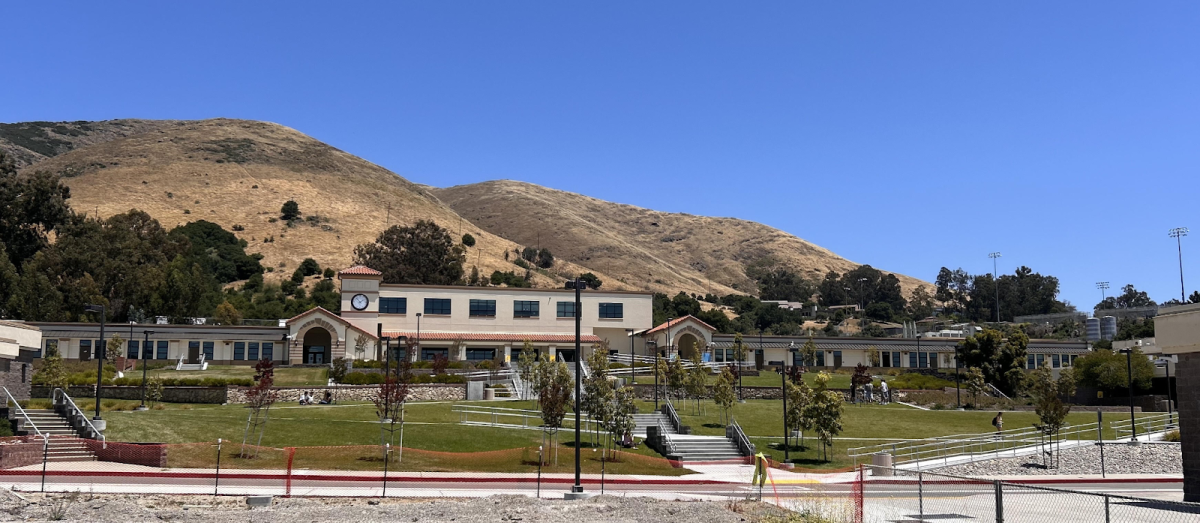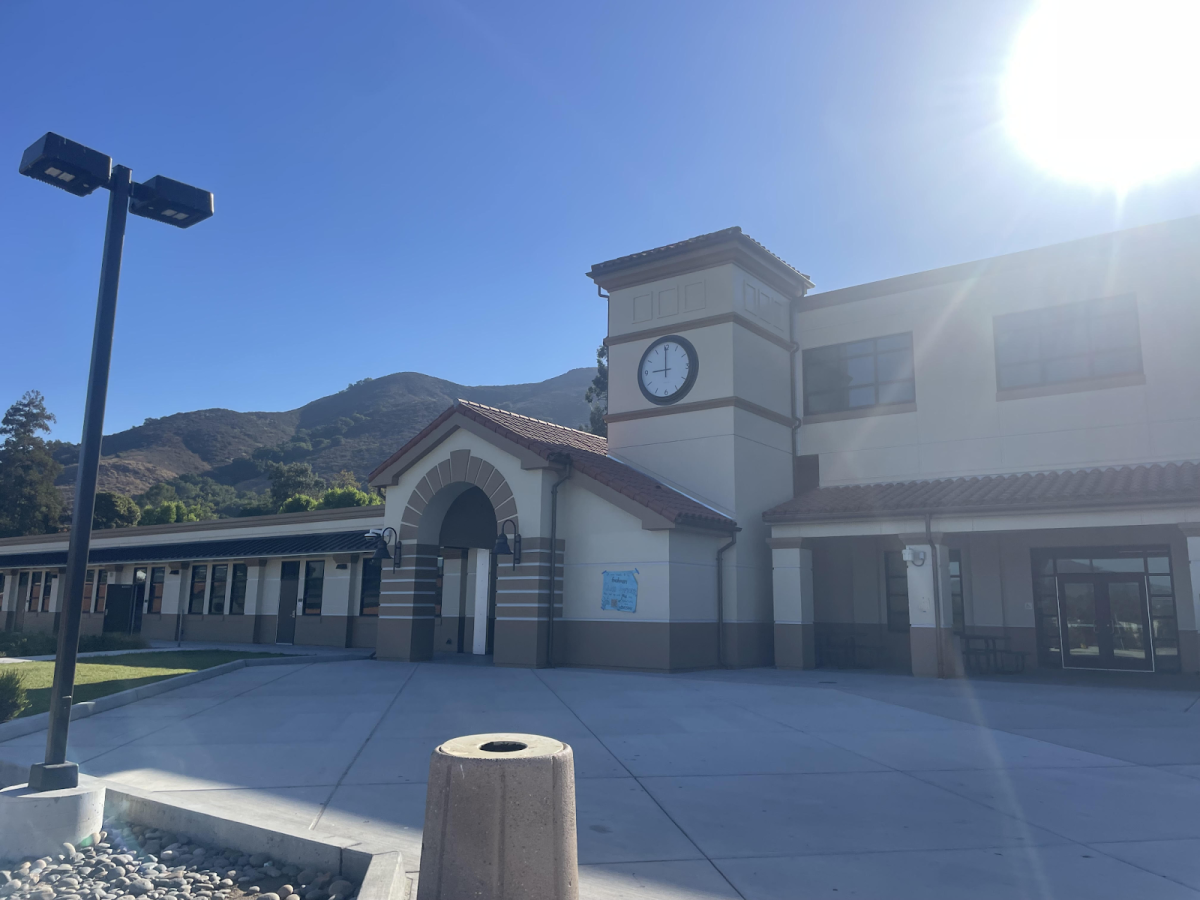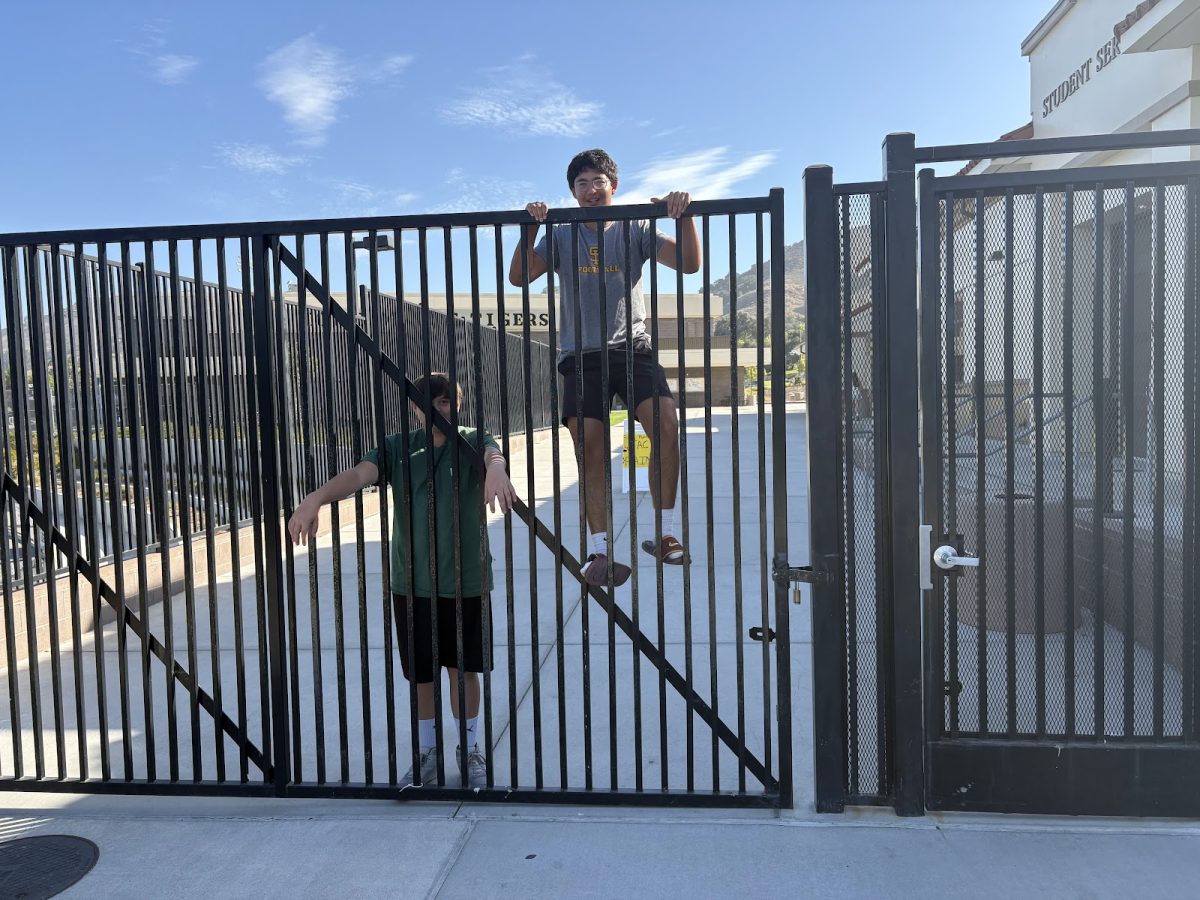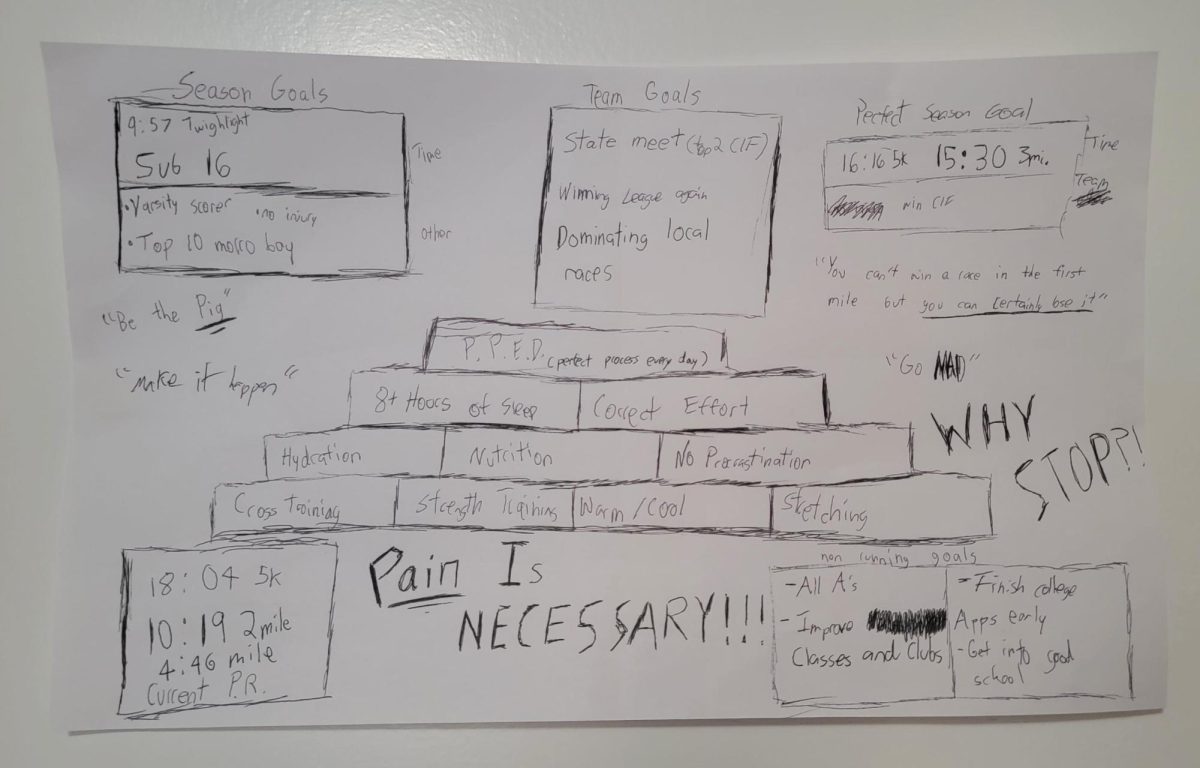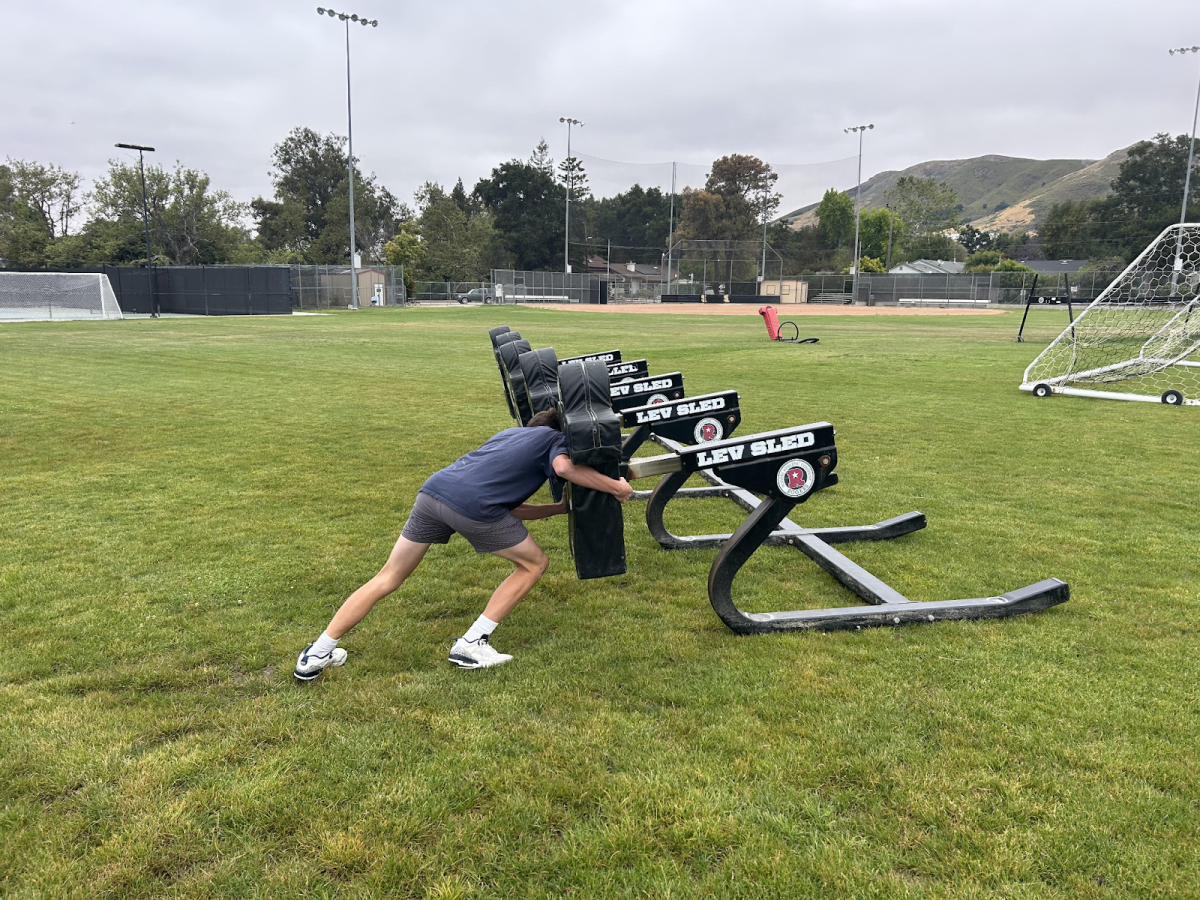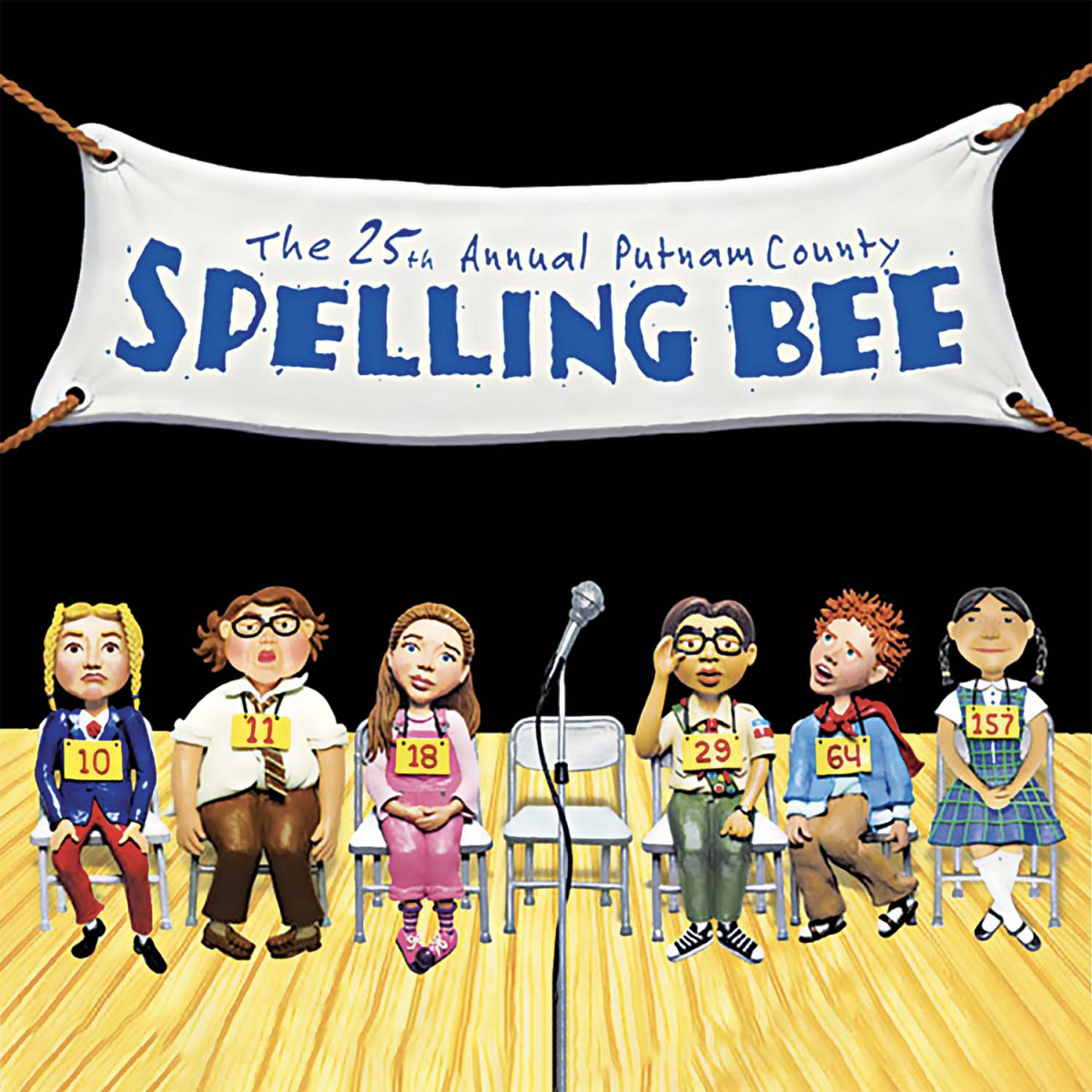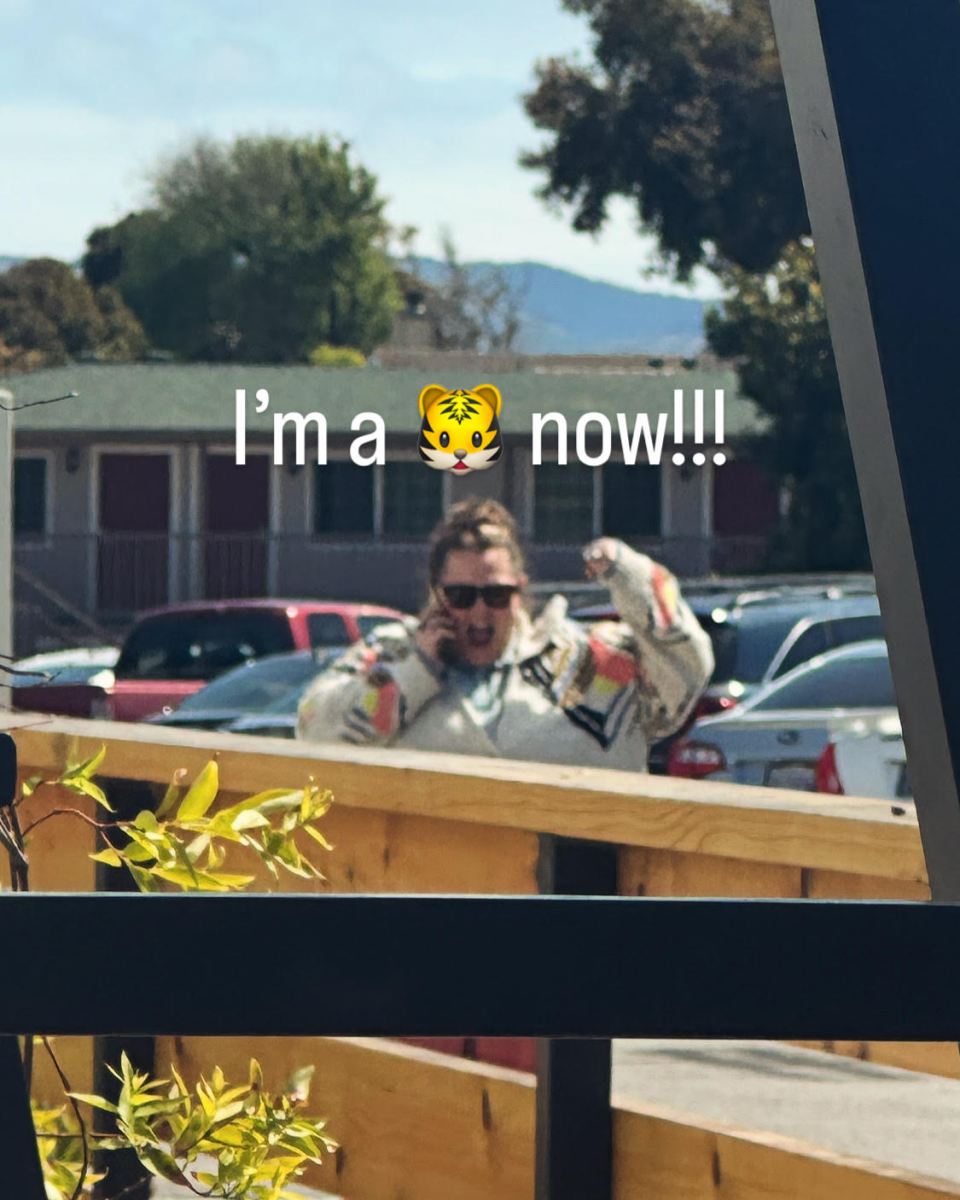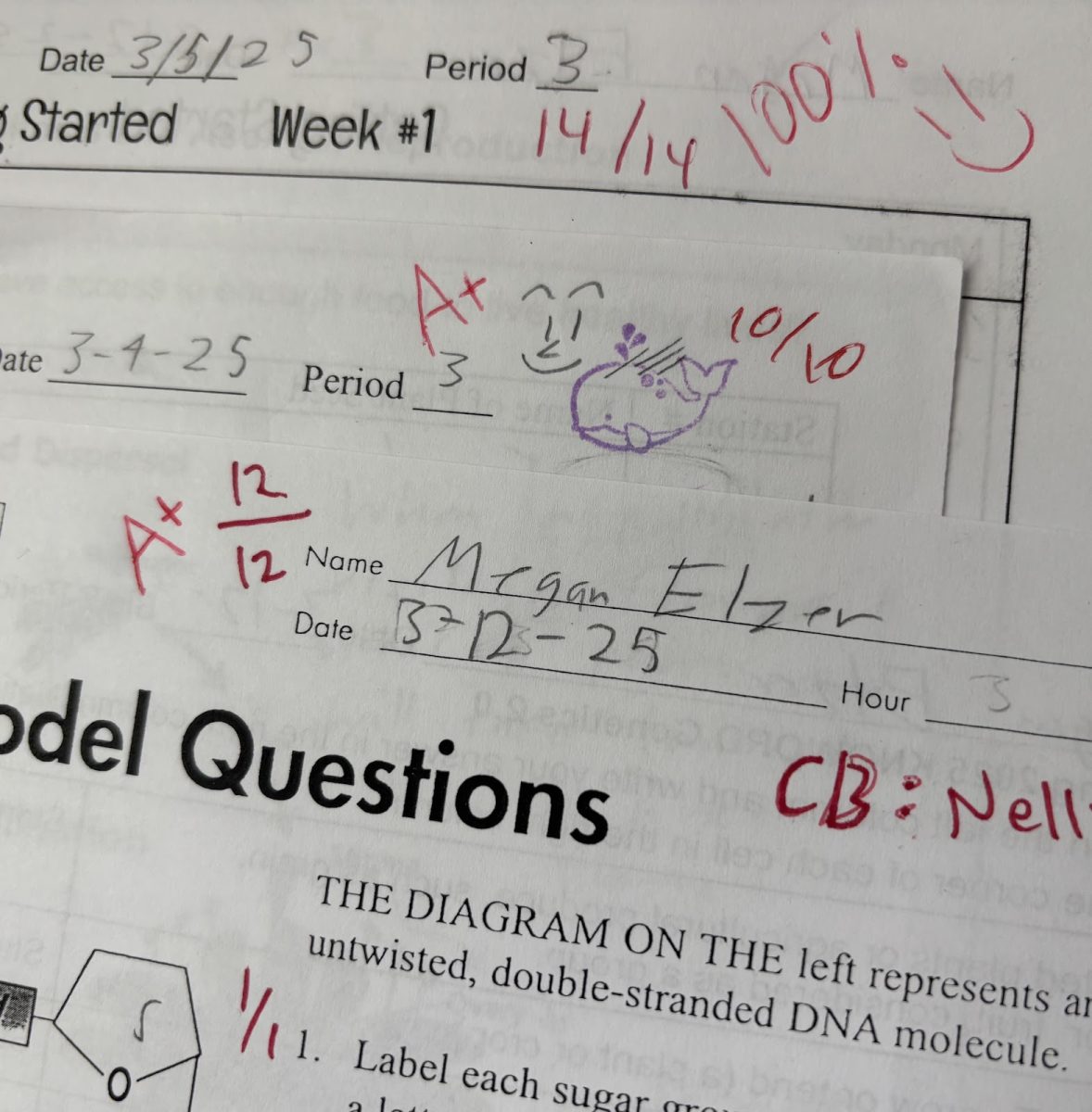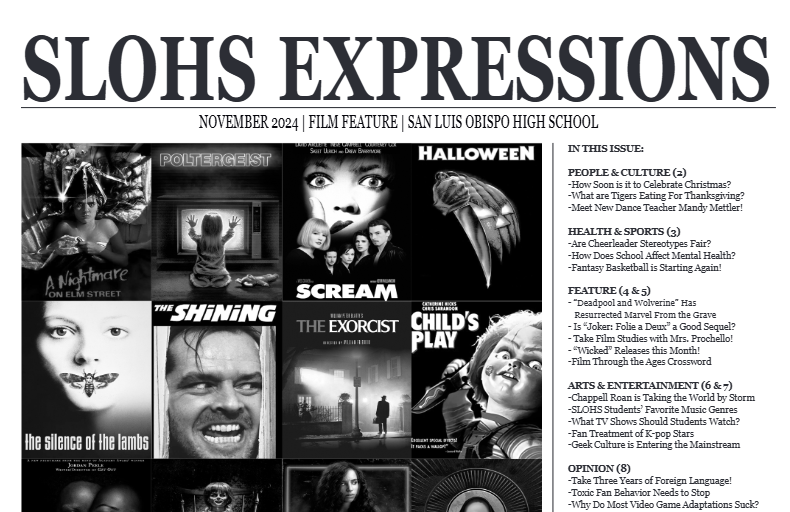At the beginning of our San Luis Obispo High School senior class assembly this year, principal Leslie O’Connor turned to us and told us that these years were the “best of our lives”.
This statement provoked a large negative reaction, judging both from the incredulous groans it elicited from the class as a whole and from the Expressions opinion piece written about it, in which senior Katie Cole boldly proclaimed that “the Faculty at SLOHS needs to open their eyes to the real world and realize that the senior class of 2020 is going to do much better things than what they are doing right now in high school.”
But the anger and ridicule directed at the statement is unwarranted, and the assumption that the amalgamous body of “the Faculty” believe the statement fully is founded upon false premises.
O’Connor’s statement does tend toward the extreme ends of optimism, but better that than the alternative, a dark and tyrannical vision of the year approaching.
“You’re all doomed,” I imagine O’Connor would growl in a threatening tone, “and be assured, the year ahead is full of trial and turbulence, the pain of heartbreak and the disappointment of broken dreams.”
More than anyone, the faculty are the shepherds of our high school journey: better they work towards some noble and improbable goal (making this the best time of our lives) then resign themselves to typical high school drama and angst.
Beyond that, I don’t think any faculty member is as hopelessly ignorant and idealistic to believe that these are likely the best years of all our lives, and no faculty member besides O’Connor has actually expressed that opinion at any point in the school year. Instead, they have consistently pointed to our “mission statement” as a school: simply put, that we work towards a better future, not necessarily a more perfect present day.
The statement wasn’t even “a large theme” of the speech as Cole claims it was: as senior Alex Reading notes, “it was just an offhand comment he made at the beginning. Why are you even asking me about this, Basil?”
And most essentially, any critique of O’Connor’s original statement looks past the fact that these very well may be the best years of our lives, like it or not. Here we are surrounded and in constant contact with friends and family, mentors and peers, and we have food and resources available if we need them; it is only the most privileged outlook that presumes we will all be in a better place in the future, free from the oppressive forces of poverty, unemployment, and loneliness.
We can- indeed, we should- hope that these years are not the best of our lives. But to condemn a vague, hyperbolic statement made with good intent, a statement we cannot judge the truthfulness of without rosy-eyed fortune telling, and force that statement onto the faculty as a whole is simply pointless.

